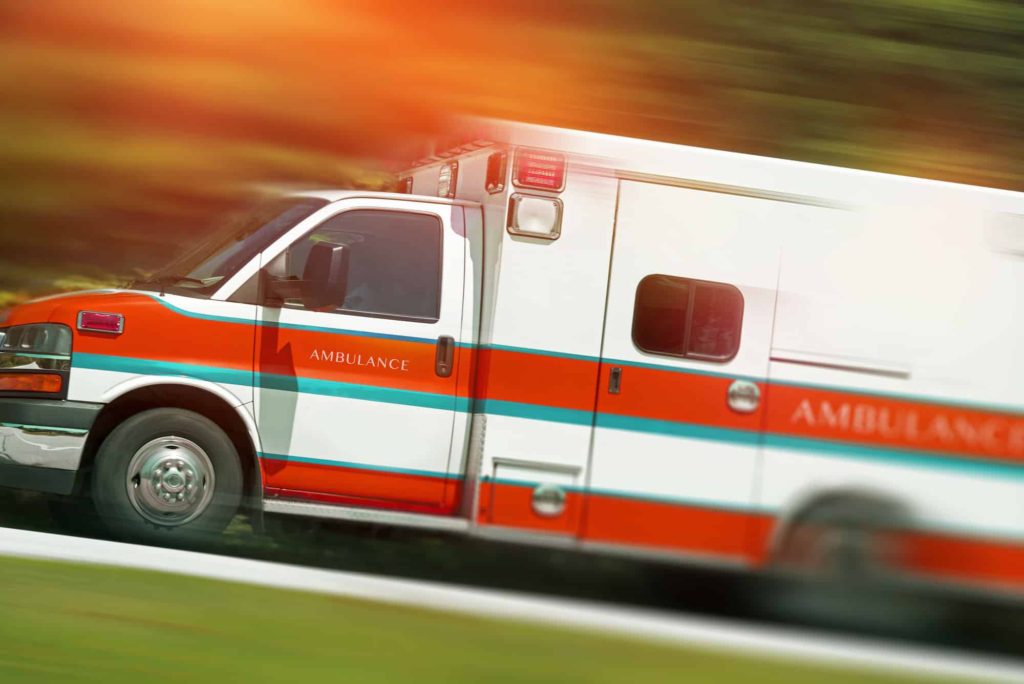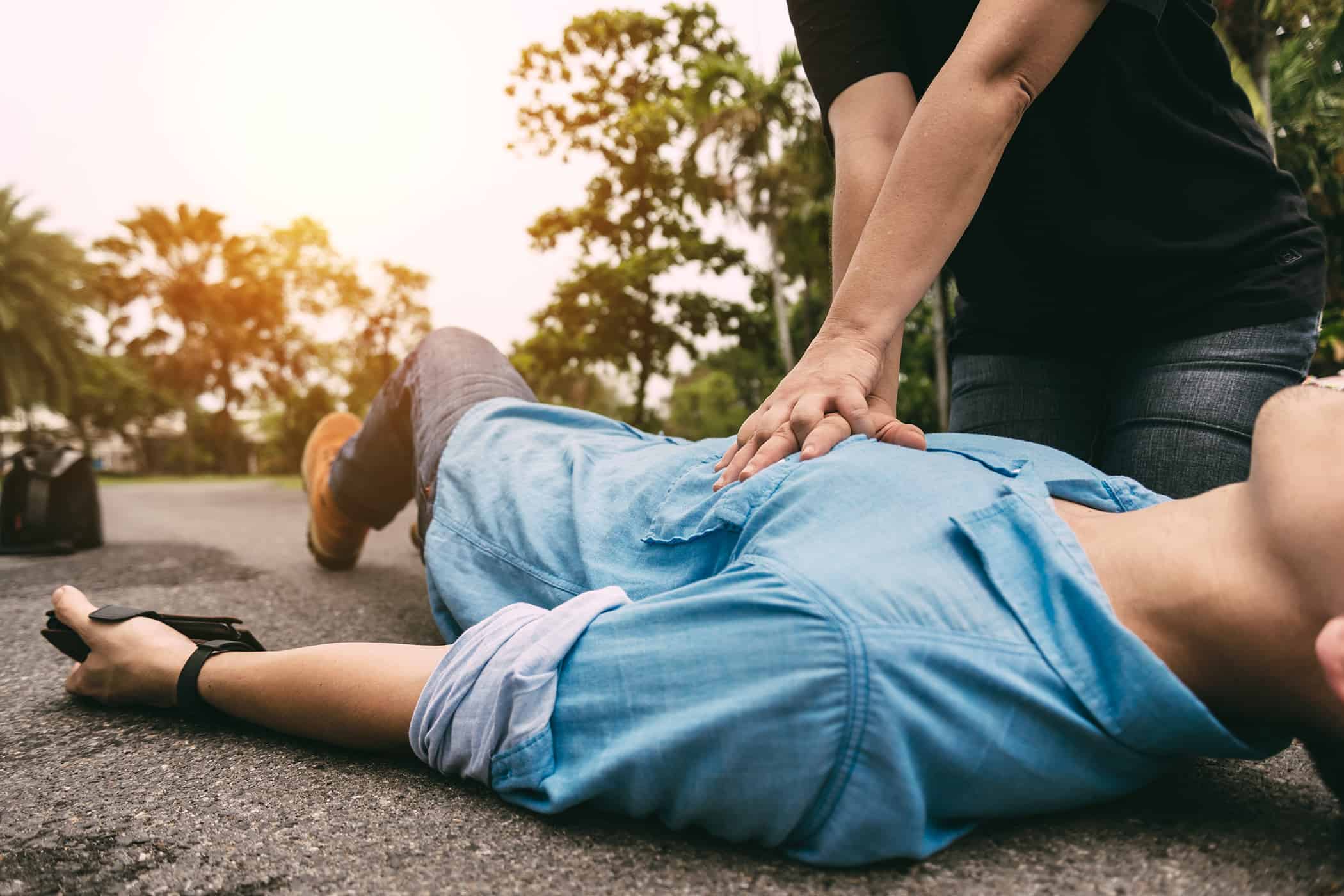More often than not, disease or injury takes place unexpectedly. You wake up in the middle of the night feeling severe pain in the abdomen. Or, you trip while you carry your bag of groceries as you climb the stairs. In situations like this, don’t you have uncertainty about the care you opt for to heal the injury?
Urgent care usually takes place if the symptoms appear severe and the regular doctor is not available. When there is no simple answer to this, knowing the difference between urgent care, emergency care, and walk-in clinics, and where to get treatment can save a life in a clinical emergency.
When to go to the ER
There is a number of medication conditions considered as emergencies as they can require advanced or rapid treatments (like surgery for one) that are available only in hospital background. Below are symptoms that ideally go through thorough evaluation in the emergency department:
- Difficulty breathing or severe chest pain
- Feeling weak and numb on one side
- Serious burns
- Change in mental condition or fainting
- Slurred speech
- Dislocated joints and broken bones
- Lacerations on the face
- Seizures
- Eye or head injury
- Confusion or concussion
- Severe cuts that sometimes need stitches
- Fever with rashes
- Vaginal bleeding during pregnancy
- Flu symptoms and severe cold
When it’s Time to Call 911

Even though it is clear that a loved one, especially a senior, needs urgent care, you may not be sure if you are to take him to the ER or call 911, both available 24 hours. Unfortunately, a lot of people hesitate to call 911. However, it is ideal to be safe instead of feeling sorry. Medical experts advise that if you are experiencing severe bleeding or chest pain, or, if you feel like fainting, never attempt to drive yourself to the doctor or E.R.
For some emergent medical needs like stroke or heart attack, contacting 911 for an ambulance is often the right decision. This is certainly because paramedics can frequently begin giving life-saving treatment on the way to the clinic or emergency room.
When Urgent Care is Needed
Urgent care does not necessarily mean it is emergency care. According to the National Center for Health Statistics, among patients who had gone to the emergency room but did not go through hospital confinement, almost 50 percent of them went there only because the doctor is not available. More so, a lot of people consider the ER the place of receiving after-hours treatment or care for minor diseases or injuries minus the realization that they have another choice.
In addition, centers for urgent care are same-day clinics with the ability to handle various medical problems that require treatment right away. Nevertheless, they are not considered as real emergencies. Some of the symptoms that go through careful evaluation and treatment at a clinic for urgent care are:
- Persistent diarrhea or vomiting
- Dehydration
- Abdominal pain
- Fever minus the rashes
- Small cuts that may need stitches
- Strains and sprains
- Shortness of breath or wheezing
- Moderate symptoms similar to flu
When it’s Time to Go to the Walk-In Clinic
Walk-in clinics, usually called retail clinics, offer fast, appropriate medical care access. No appointment is essential and they are commonly attended by nursing practitioners, as well as physical assistance. Here are some of the ailments treated in a walk-in clinic:
- Feeling pain while urinating
- Sore throat
- Congestion and cough symptoms
- Fever minus the rashes
- Symptoms similar to mild flu
- Discharge, redness or itchiness in the eye
- Ear infection and pain
Most walk-in clinics offer additional services such as vaccines and sports physicals. They are ideal choices for someone not feeling well. However, it is not serious enough for the urgent care or emergency room.
How to Get Ready for Emergent Care
Whether you are going to an urgent care center, emergency room, the walk-in clinic, or your doctor’s office, it is a great idea to make a list of all the medicines you take which include over-the-counter medications, supplements, and vitamins. To go with the list should be the price of each medicine and the frequency of taking it.
If the person who needs urgent care is a senior, it is important that he has a companion, specifically a caregiver, when getting that particular care. Also, he should go to a center where the emergent treatment is conveniently accessible. To be sure the care provider is someone you can trust and depend on, choose one from Innovative Homecare Solutions.
Innovative Homecare Solutions, Inc. has a pool of experienced caregivers who can provide proper health care. Innovative’s caregivers can accompany you for the primary care your physician can give you. Call us at +1-630-225-0100 so we can help you as you get treated at an urgent care center.

